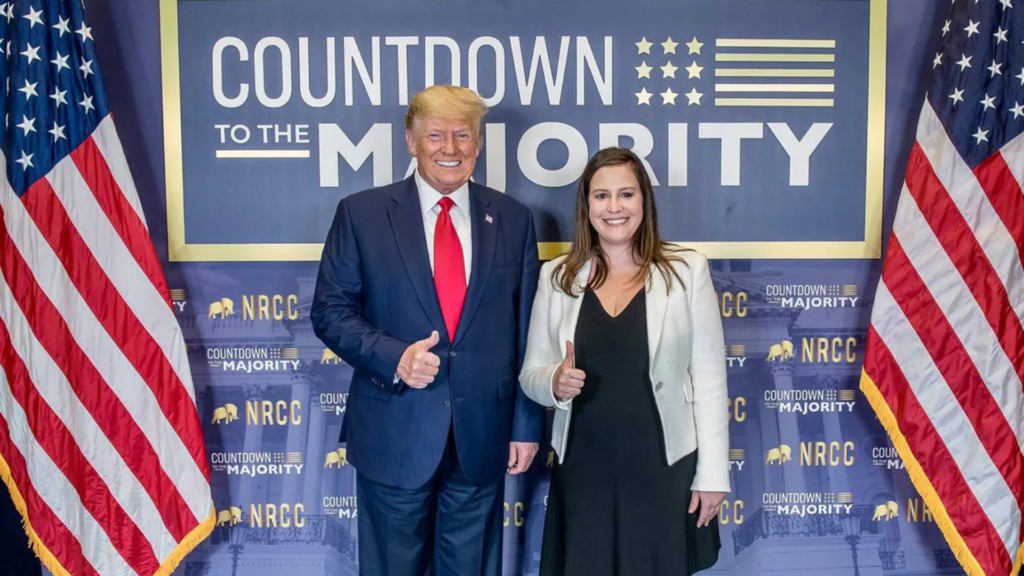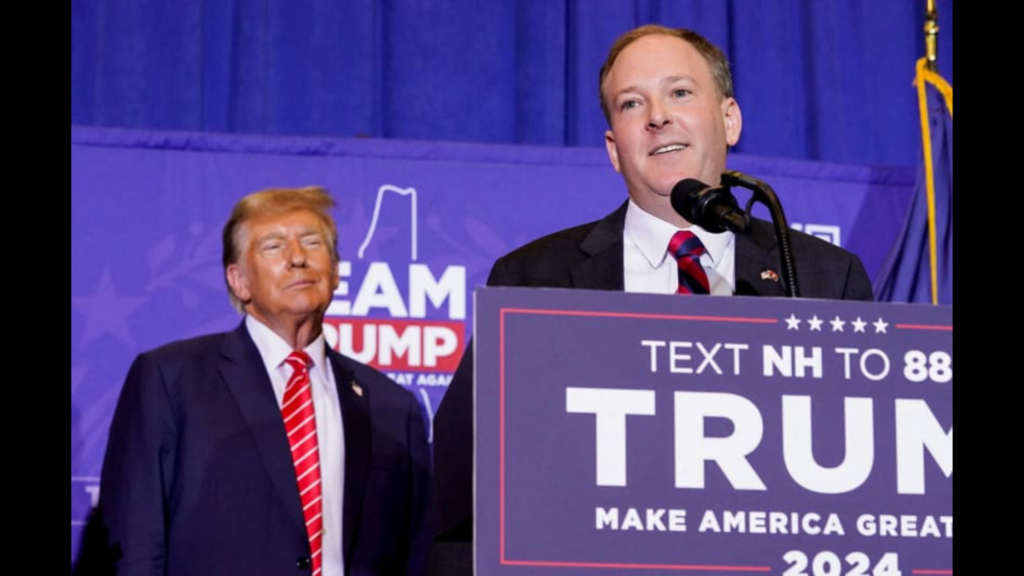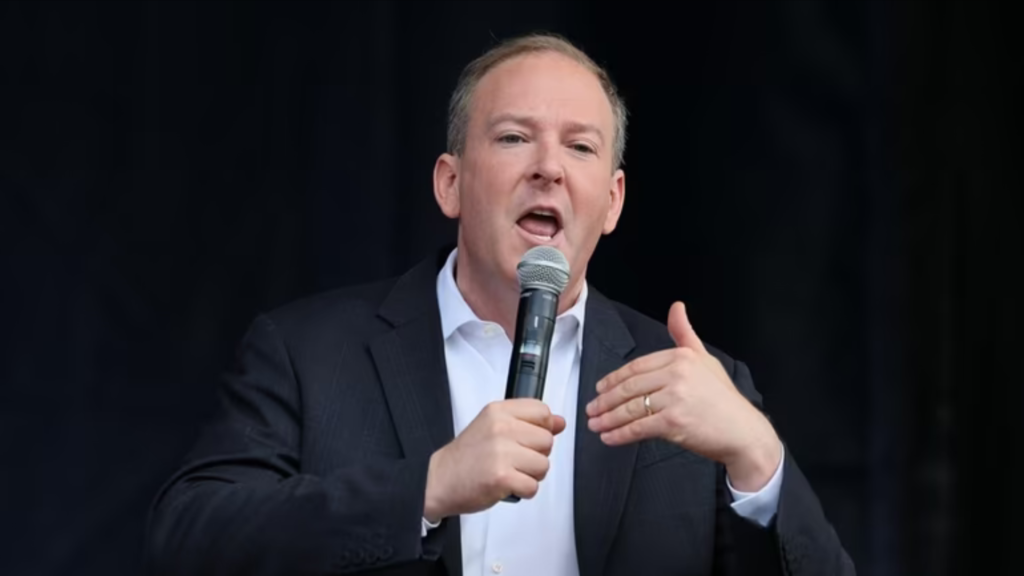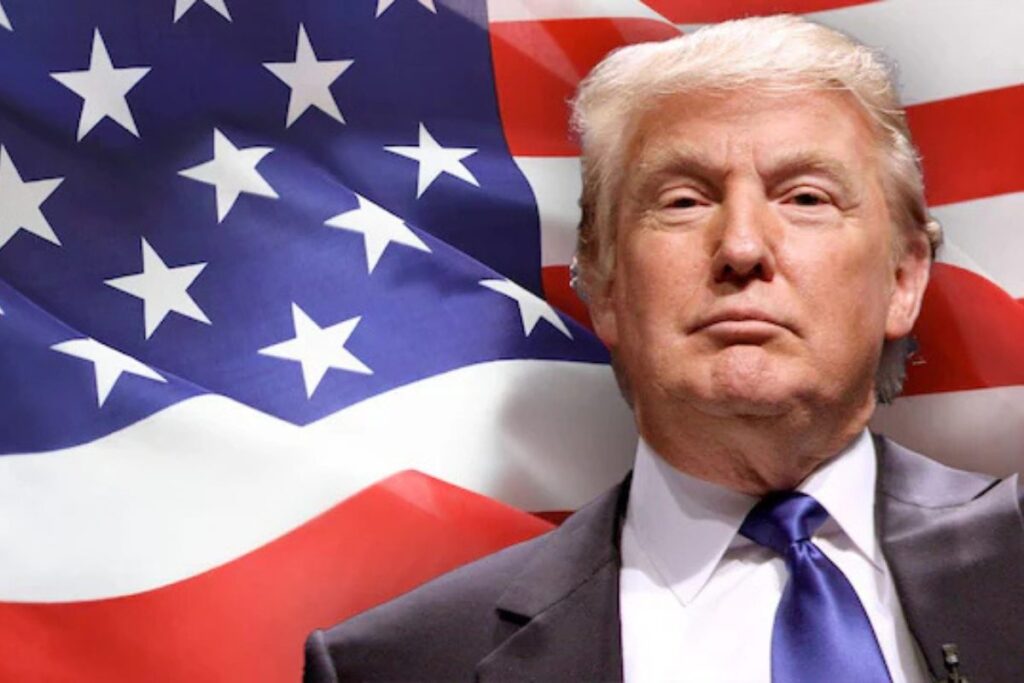President-elect Donald Trump announced two key cabinet appointments on Monday, November 11th, that could reshape his administration as he returns to the White House. Trump revealed that he would appoint former Rep. Lee Zeldin as administrator of the Environmental Protection Agency, current Rep. Elise Stefanik as the U.S. ambassador to the United Nations, and longtime adviser Stephen Miller as the deputy chief of staff for policy. Meanwhile, Zeldin and Stefanik are both New York Republicans.
Trump’s decisions reflect his priorities as he advocates for conservative leadership in significant government positions, especially in energy, the environment, and international diplomacy. The appointments also reflect a calculated move in Trump’s continuous political strategy to strengthen his executive team with loyal allies.
These new cabinet roles come when Trump’s top policy priorities are sharply focused on deregulation, energy independence, and a more assertive world stance. Here’s how these appointments fit into Trump’s strategic goals and what they might mean for the future of his administration.
Elise Stefanik Named as U.S. Ambassador to the United Nations
According to NBC News, it has been confirmed that Trump has selected his first cabinet pick, in person of Rep. Elise Stefanik, a high-profile Republican representative from New York, as his United Nations ambassador. Stefanik is the current chair of the House Republican Conference.
In a released statement, Trump noted, “Stefanik was the first Member of Congress to endorse me and has always been a staunch advocate. Elise is a senior Member of the House Armed Services Committee and the House Intelligence Committee, and led the charge against antisemitism on college campuses.”
Trump added, “She will be an incredible Ambassador to the United Nations, delivering peace through strength and America First National Security policies!”

Stefanik has been a critical player in the GOP, and she’s known for her strategic thinking and diplomatic skills. Her appointment to the United Nations suggests that Trump is giving top priority to a strong conservative voice in international diplomacy, one that aligns with his “America First” ideology.
With Stefanik as ambassador, the United States will likely take a more assertive position in the United Nations, especially on national security, human rights, and border policies. Her appointment also reflects Trump’s strategy of promoting loyal allies into leadership roles and enhancing his influence within international governance.
ALSO READ: Bitcoin Surges Past $82,000 Amid Trump-Driven Crypto Rally, Is $100K Next?
Impact on GOP House Majority if Stefanik Takes the Role
Stefanik’s appointment as the U.N. Ambassador raises questions about the GOP’s standing in the House of Representatives. Being a prominent figure in the Republican Party, her appointment would require her to leave Congress to pursue a diplomatic role, potentially impacting the GOP’s legislative dynamics.
Stefanik’s absence may create a power void that other Republicans must fill since she has been instrumental in advancing conservative agendas within the House.
The potential reorganization within the GOP House leadership may influence how the party approaches the next legislative sessions. If Stefanik leaves Congress and takes on this new role, it may lead to a series of events that would require a strategic shift among Republican officials to preserve their influence.
This development could have repercussions for national governance, as the GOP must adapt its political strategy to maintain a strong position in Congress while supporting Trump’s cabinet choices.
Lee Zeldin Appointed as EPA Chief
Trump appointed Lee Michael Zeldin, 44, a former Republican congressman from New York, as the new head of the Environmental Protection Agency (EPA). Zeldin is well known for his conservative approach to environmental issues and his focus on deregulation.
According to Trump, Zeldin, an attorney representing a Long Island congressional district, has been a true fighter for America First politics. This appointment reflects Trump’s priorities to reduce governmental oversight and encourage energy independence. Zeldin advocates for fossil fuels and has consistently voiced his support for the oil and natural gas industries, which aligns him with Trump’s vision of energy policy.

In a recent tweet, Zeldin acknowledged, “It is an honor to join President Trump’s Cabinet as EPA Administrator. We will restore US energy dominance, revitalize our auto industry to bring back American jobs and make the US the global leader of AI. We will do so while protecting access to clean air and water.”
As the new EPA Chief, Zeldin’s appointment marks a shift from stringent environmental policies toward a more business-friendly strategy prioritizing American energy production and economic growth over ecological restrictions.
ALSO READ: Corporate Client Cuts Ties With Tesla After Elon Musk Backs Trump
Focus on Deregulation and Energy Policies
Zeldin’s appointment brings a renewed focus on policy priorities that aim to remove regulatory barriers to economic growth. In the past, Trump’s administration attempted to relax environmental regulations to stimulate industries like oil, gas, and coal. With his experience and political stance, Zeldin will likely continue this strategy, focusing on deregulating sectors that previous administrations have heavily controlled.
To promote industrial growth, Zeldin will likely focus on key areas of interest, which include streamlining the permitting process for energy projects, supporting fracking, and easing air and water quality regulations. Trump is setting a clear direction for his environmental policy by appointing a seasoned politician with a pro-energy stance to lead the EPA—one that prioritizes economic development over strict ecological standards.
Criticism From Environmental Groups Over Zeldin’s Appointment
As expected, environmental advocates have criticized the cabinet appointment of Lee Zeldin as EPA administrator. Many groups view his appointment as a potential setback to environmental protections that subsequent administrations restored. Environmentalists argue that Zeldin’s ideas could affect national governance, arguing that his goal could compromise public health and hinder attempts to address climate change efforts.
These groups argue that cutting back on environmental regulations could have long-term consequences, including increased pollution and natural resource degradation. Nonetheless, supporters and critics who have a vested interest in the agency’s direction will closely monitor Zeldin’s activities as he takes office as EPA Chief. Zeldin’s policies will need to balance political and environmental pressures, as his decisions could have a lasting impact on the ecological future of America.
Additionally, among Trump’s recent appointments is Tom Homan, the former acting director of U.S. Immigration and Customs Enforcement. Hooman would be his so-called border czar, in addition to securing U.S. borders. According to Trump, “He will be in charge of all Deportation of Illegal Aliens back to their Country of Origin.”

As Trump announces key cabinet appointments with Lee Zeldin and Elise Stefanik, he’s forming an executive team that reflects his priorities. These cabinet appointments reveal more than just policy preferences; they demonstrate a calculated political strategy to strengthen his executive team.
The appointment of loyal supporters like Zeldin and Stefanik in leadership roles is a testament to Trump’s strategy of placing trusted allies in positions of influence. As the political landscape evolves, the impacts of these appointments will play a critical role in shaping Trump’s legacy and the political environment of the United States in the years to come.

